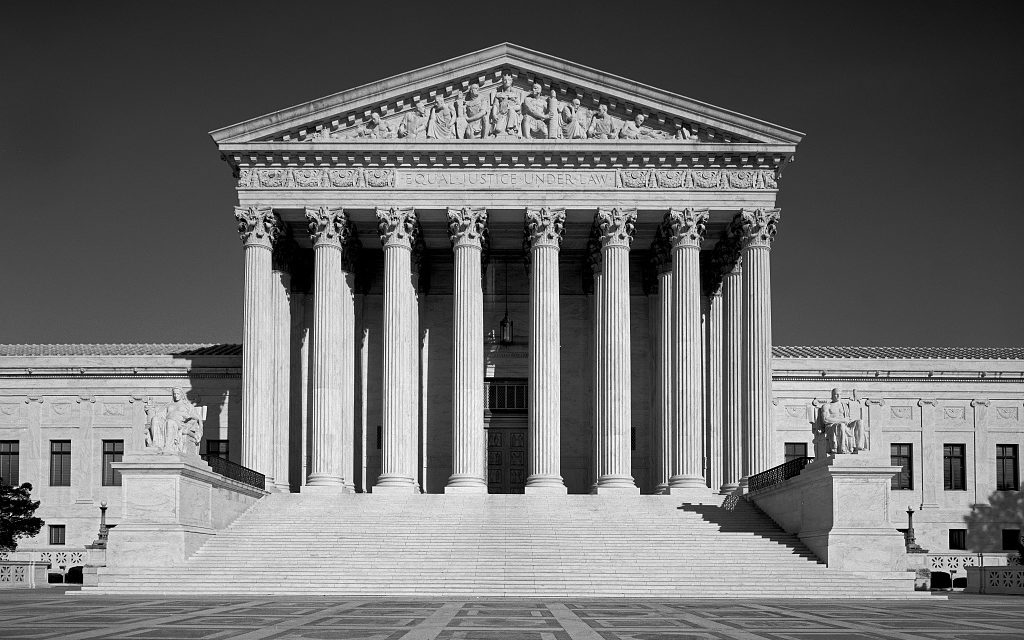South Bay United Pentecostal Church (South Bay) in San Diego is the first faith-based litigant in this coronavirus lockdown era to reach the U.S. Supreme Court with a plea to obtain emergency relief from state and local orders forcing churches to stay closed while many other secular entities and activities are allowed to re-open.
The church’s request for emergency relief, delivered to Associate Justice Elena Kagan over the weekend, follows closely on the heels of two quick court losses for the church. The church wants to be open by Pentecost Sunday, May 31, the day celebrating the gift of the Holy Spirit to the church as described in Acts 2.
After filing its original application for a temporary restraining order on May 8 with a federal district court, which was denied, the church asked the 9th U.S. Circuit Court of Appeals for emergency relief. South Bay argued that California’s re-opening plan, which identified churches as lower tier organizations not allowed to re-open until “stage 3” of the plan, violated its First Amendment right to the free exercise of religion.
The 9th Circuit last Friday denied the church’s request in a 2-1 decision, prompting the speedy application to the Supreme Court.
Justice Kagan received South Bay’s application for emergency relief as the justice designated to receive such appeals that originate in the 9th Circuit. She will likely refer the request to the full court for a response. It is unknown how long it might take for the full court to act, but it will likely do so within the next few days.
The high court could simply vote to grant or deny the requested relief without a hearing, or it may want to see written arguments from the state of California and San Diego County. A win for the church would be, in this case, an injunction allowing the church to open as of this Sunday, while following all the recommended social distancing and health guidelines the state and local governments are requiring.
The high court may decline to get involved, however, because yesterday California governor Gavin Newsom modified his executive order to allow churches to re-open immediately under certain conditions, so long as counties approve. It’s unclear how the governor’s latest move affects South Bay’s case.
It’s important that the Supreme Court take up this volatile First Amendment issue, even on an emergency basis, because the federal appeals courts around the country are now split on how to solve them, with the 5th and 6th Circuits siding with churches, and the 7th and 9th Circuits siding with government lockdown orders.
The First Amendment’s guarantee of the free exercise of religion is not absolute. Federal, state and local governments can issue neutral, generally applicable restrictions that incidentally impact that freedom, when a compelling governmental interest arises, such as curbing a pandemic. However, when churches are specifically targeted, or the government’s laws or orders have so many exceptions for other entities that it is no longer “generally applicable” to all, then such laws do not pass the First Amendment’s requirements.
The free exercise of religion is a fundamental right of all mankind, and it is certainly key to the American Founding and to the continued success of our constitutional experiment. This case is not one the Supreme Court can afford to side-step, since it goes to the heart of the issue of the relationship between church and state.
The case is South Bay United Pentecostal Church v. Newsom.






